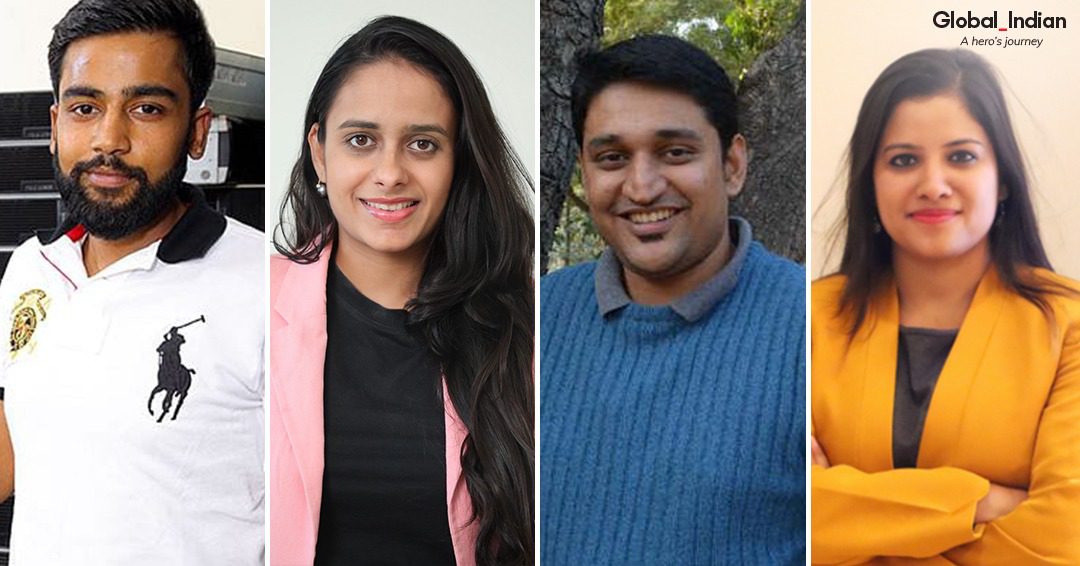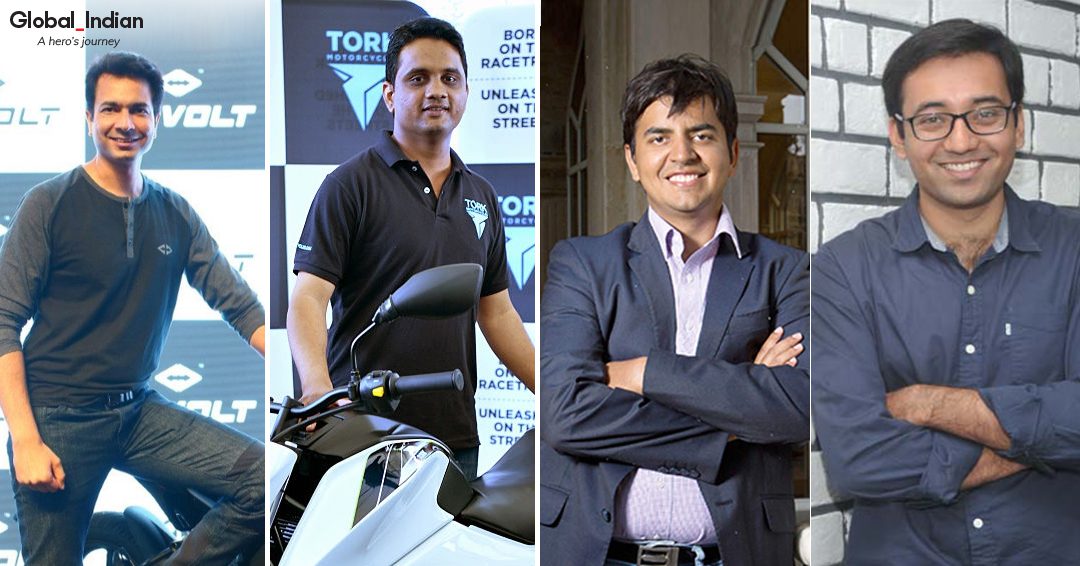(September 20, 2021) Did you know, urban India generates 62 million tonnes of waste annually? As much as 50% of this waste is dumped in landfills untreated and toxic; a mere 20% is treated. The figures are staggering, but what is more astonishing is the lack of awareness towards waste management that continues to prevail in most urban communities. At the root of this issue is the lack of proper segregation of waste at source itself. This is compounded by careless disposal and collection. The cycle is never-ending and it is only adding to the burden on the country’s ecological resources.
However, in the past few years, a new crop of entrepreneurs has emerged; they are turning the spotlight on waste management and upcycling. They use everything from discarded tires, jeans, papers, to e-waste to turn them into meaningful pieces that gives the product a new lease of life, while helping ease the burden on our burgeoning landfills. Global Indian highlights the work being done by some of these startups.

Upcycler’s lab

Amishi Parasrampuria
Founded in 2014 by Amishi Parasrampuria, a University of Bath alumna, in Mumbai, Upcycler’s Lab has been changing the way people view scraps and waste. The company fashions home décor and gift items from old vinyl records, scraps and waste that are collected from individual donors and waste aggregators. A thorough cleaning process and quality check are conducted before giving them a completely stylish makeover. The company also designs collaborative board games, puzzles, storybooks and eco-alphabet flash cards that are based on environment-related topics in a bid to introduce children to the topics of waste segregations, forest and wildlife conservation and climate change among others.
So far, Upcycler’s Lab has received two grants from Powered Accelerator: the first for $10,000 in 2018 and an undisclosed amount later in 2020. The company is now looking to raise seed funding to further scale the business which also has a presence in Germany, Kuwait, and Singapore.

Paperman Foundation

Mathew Jose
Launched in Chennai in 2010 by Mathew Jose, an Ashoka Fellow, Paperman was initially focused on school recycling programs. As it spread its reach across schools in South India, the company also introduced a breakthrough technology platform: on-demand doorstep recycling, a mobile app that connected households with kabadiwallas (trash collectors). Paperman, which was launched with the objective to accelerate recycling in India has been conducting public awareness programs, managing processing units in partnership with various state governments, turnkey contractors for setting up recycling units and other ancillary services. Jose, who worked with the US Department of State in its International Visitor Leadership Program, also launched the Trash Funding program in 2015; this is akin to a kick-starter model to raise fund for local non-profits. The company has also been working towards becoming a Trash Economy accelerator by helping India manage its trash through a circular economy model.

Anthill creations

Pooja Rai
Founded in Bengaluru in 2014 by IIT-Kharagpur alumna Pooja Rai, Anthill Creation has been building playgrounds for kids using recycled material such as tires. The Ashoka Changemaker’s first project was in a Bengaluru slum area, which set the ball rolling for several more projects including a library at a Bengaluru school and now over 250 such playground across 16 Indian states. The idea is to revitalize public space, but in a responsible and eco-friendly manner. Their mission is to encourage interactive learning environments in public spaces with a primary focus on sustainability. The idea for the playgrounds stemmed when Rai saw the lack of open play areas for kids and spotted children playing with broken pipes instead.
The organization was part of IIM-Bangalore’s first incubator program for non-profit organizations. Today, Rai’s work is supported by donors such as Tata Steel, Bharat Petroleum, PNB Housing, Mahindra & Mahindra, ITC, Wells Fargo and Cisco among others.

Namo e-waste

Akshay Jain
Launched in Delhi in 2014 by University of Greenwich alumnus Akshay Jain, Namo e-waste has been specializing in waste management with a focus on e-waste. The company’s philosophy is that what is a useless device for someone can turn into a useful device for another. The company processes up to 20 tonnes of e-waste on a daily basis with collection centres across 12 states and union territories in the country and has also built strategic partnerships with leading electronic companies. The company developed a technology that is based on manual dismantling, segregation and recycling of e-waste such as discarded phones and computers among other things. The material is granulated in an electrostatic separator where metals and hazardous content are segregated, with no emissions whatsoever. These are then recycled into usable items and Namo e-waste aims to provide green alternatives to electronic assessments.

